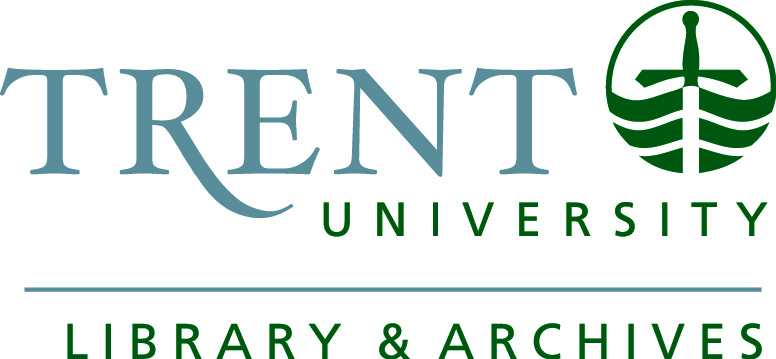Maison d’Izieu
The Maison d’Izieu (Izieu House) is a museum and memorial which presents the history of the Holocaust in France, particularly the experiences of Jewish children, and informs the visitor on the crimes committed during that time as well as the subsequent establishment of international laws and commemoration.
The Maison d’Izieu was active during the Holocaust in France, opened in 1943 by French couple Sabine and Miron Zlatin; from May 1943 to April 1944, it operated as a children’s home protecting Jewish children and adolescents from persecution and deportation. Part of Circuit Garel, a rescue network for Jewish children in occupied France and part of the larger Jewish Children’s Aid Society (Oeuvre de Secours aux Enfants), the Maison d’Izieu protected more than 40 children from within France as well as other countries including Austria, Belgium, Germany, and Poland. On the morning of April 6, 1944, a raid was carried out on the Maison d’Izieu by the Lyon Gestapo at the direction of Klaus Barbie, part of a series of German raids on suspected Jewish children’s homes. Forty-four children along with seven members of staff were taken and interned at Drancy Internment Camp, from where they were all eventually deported. Most were sent to Auschwitz, and were killed there. One member of staff, Léa Feldblum, survived Auschwitz; she would later testify to her experiences at Izieu at the trial of Klaus Barbie in 1987.
The Maison d’Izieu presents this history through permanent exhibitions which inform visitors on the history of both the building itself and Jewish children throughout France, as well as the Holocaust and its after-effects more broadly. The site was first conceived in 1988 when, following the Barbie trial and renewed attention on the Maison d’Izieu, a local Association Musée-Mémorial des Enfant d’Izieu (Memorial Museum of the Children of Izieu) was formed: this resulted in the building being placed on the protected list of national historic monuments in 1991, and recognized as a place of memory for the victims of persecution and deportation in 1993. The museum in its current form dates from 2015, with the addition of a new educational building, more complete records, and redesigned exhibitions; it was inaugurated by President François Hollande on April 6, 2015.
Area(s) of Focus
Entry type
Language
Address
70 Route de Lambraz
01300 Izieu
France

